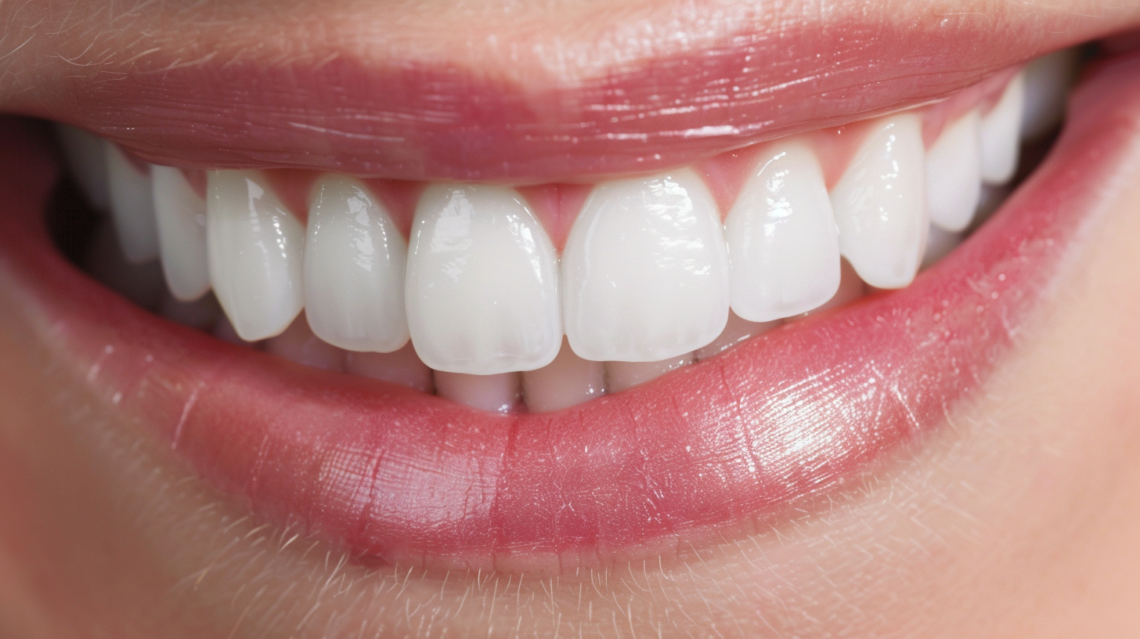
National Oral Health Month
April marks a significant time in the calendar for health awareness—National Oral Health Month. This serves as a potent reminder of the pivotal role oral hygiene plays, not merely in safeguarding the mouth’s health but as an integral component of overall wellness. The connection between oral health and general health is deeply intertwined, underscoring the necessity of regular dental exams. Moreover, the practices of flossing and brushing, alongside care for sensitive teeth, are fundamental to maintaining this crucial aspect of our health.
The cornerstone of understanding the significance of National Oral Health Month lies in recognizing the profound implications that oral health has on our general wellbeing. Regular dental exams are not just about preventing cavities or addressing dental decay; they are pivotal in detecting early signs of systemic diseases. Diseases such as diabetes, heart disease, and even stroke have been linked to oral health conditions. During a dental exam, dentists look for signs of oral cancer, vitamin deficiencies, and other abnormalities that could indicate larger health issues. Thus, these exams act as a preventative measure, catching potential health issues before they become more severe. The mouth serves as a window to the body’s overall condition, making these exams a critical component of health maintenance.
Flossing and brushing are the bedrock of good oral hygiene, yet their importance extends far beyond the mouth. Regular brushing removes plaque, a sticky film of bacteria that forms on the teeth and gums, leading to tooth decay and gum disease if not removed. Flossing reaches the areas between teeth and under the gumline, places a toothbrush can’t always effectively clean. The act of flossing, therefore, is indispensable in preventing periodontal disease, which has been linked to heart disease and strokes. These simple daily routines are vital in the fight against bacteria and inflammation, protecting not just oral health but preventing conditions that could impact the body’s overall health.
For those with sensitive teeth, National Oral Health Month is also a timely reminder of the measures that can be taken to mitigate discomfort and prevent further damage. Using toothpaste designed for sensitivity can help block the transmission of sensation from the tooth surface to the nerve, offering relief from the pain associated with sensitive teeth. It’s also advisable to avoid acidic foods and beverages that can erode enamel, leading to increased sensitivity. Foods high in acidity, such as citrus fruits, tomatoes, and soda, should be consumed in moderation, and it’s beneficial to use a straw when drinking acidic beverages to minimize contact with the teeth. Additionally, adopting a gentler brushing technique can prevent the wear and tear on enamel that exacerbates sensitivity. These adjustments in daily oral care routines can make a significant difference in comfort and oral health for those experiencing sensitivity.
National Oral Health Month serves as a critical reminder of the importance of oral hygiene, not just for the health of our mouth but as an essential aspect of our overall wellbeing.

